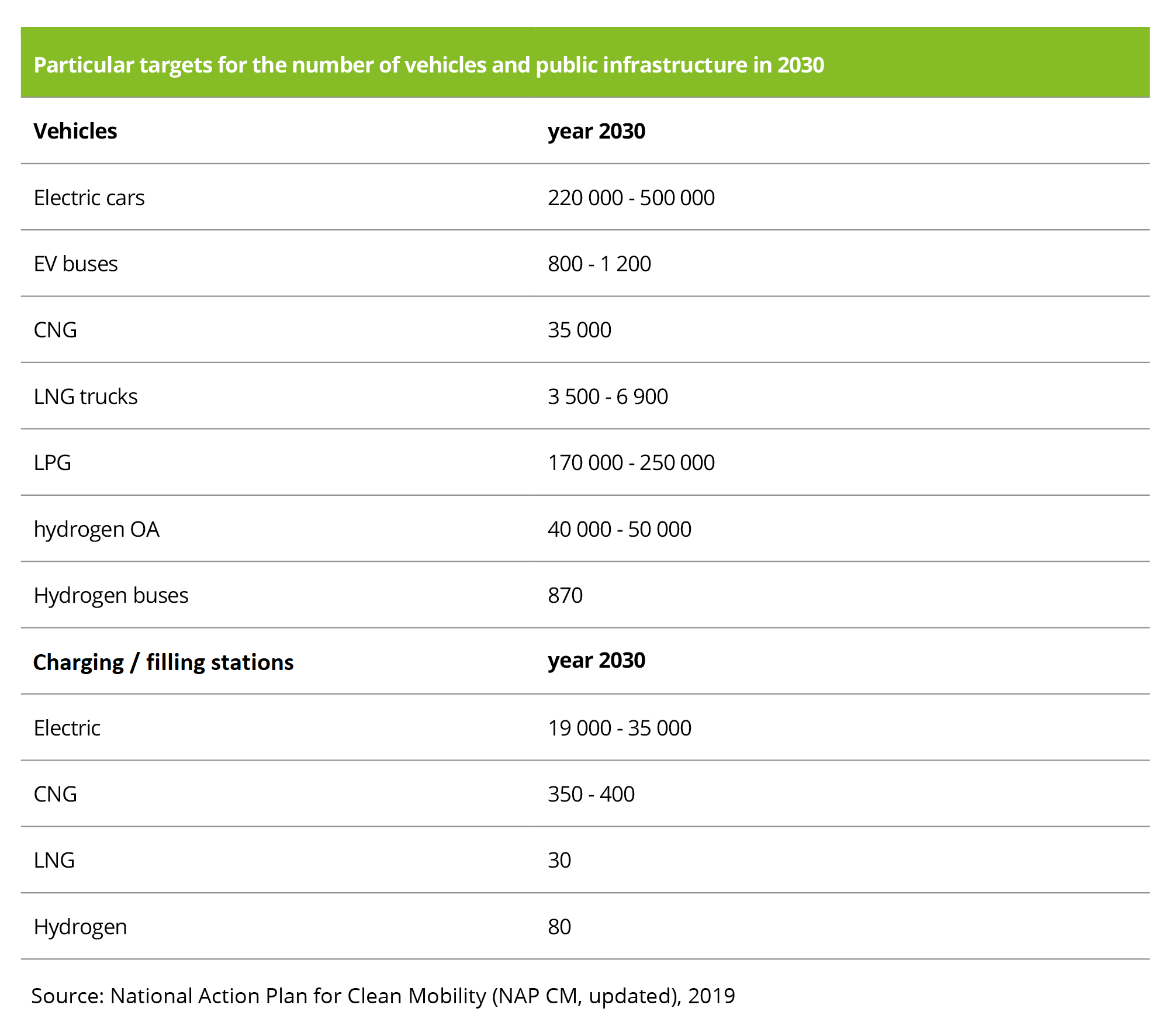Small but still significant steps towards a greener future have been taken in several areas in recent months. The Green Deal setting out the direction of the European Union for the coming years is beginning to be reflected in the sub-strategies approved by the European Commission on a sustainable food system and biodiversity. The Czech Republic did not hesitate to plan for the future and carried out an update of the National Clean Mobility Action Plan.
Sustainable food system “from farm to fork”
In May 2020, the European Commission adopted a new strategy Farm to Fork, which is based on the objectives set out in the Green Deal for Europe. This strategy is aimed at a sustainable EU food system to ensure food security and access to a healthy diet.
The strategy sets out the specific objectives of the transformation of the EU food system, according to which the:
- restrictions on the use of pesticides;
- reduction of fertiliser use by 50 %;
- ensuring the cultivation on 25 % of agricultural land under organic farming rules;
- ensuring better availability of healthy food options;
- better labelling that contributes to consumers’ health and sustainability awareness.
The newly introduced obligations that can be expected in this area will be accompanied by financial support for the implementation of sustainable practices by farmers, fishermen and aquaculture producers.
Ecological cities and the restoration of damaged ecosystems
That is also in a new strategy for biodiversity. Together with the Farm to Fork strategy, the European Commission adopted EU Biodiversity Strategy – Bringing nature back into our lives addressing the unsustainability of land and sea use, overexploitation of natural resources, pollution and invasive alien species.
This strategy aims, inter alia, at the prevention and resilience of diseases. At the same time, it should immediately create trade and investment opportunities to revitalise the EU economy. Biodiversity should thus be integrated into the EU’s overall strategy and economic growth.
The strategy proposes, inter alia, to set out:
- binding targets for the restoration of damaged ecosystems and rivers;
- improving the status of protected habitats in the EU;
- reducing pollution, increasing urban greening or the expansion of organic farming.
The strategy includes concrete steps to revitalise European biodiversity by 2030, including transforming at least 30% of European territories and seas into effectively managed protected areas and re-creating protected areas with large biodiversity from at least 10% of the agricultural area. €20 billion per year will be mobilised for biodiversity from a variety of sources, including EU funding, national and private sources of funding.
Compensation for electricity consumption
Carbon leakage refers to a situation where a company ceases its production in the EU and moves it to another country where less emphasis is placed on reducing emissions, thereby reducing costs at the expense of environmental protection (zero cost of emission allowances, no emission limits, etc.). In order to prevent such move, from 2021, it will be possible to apply in selected sectors for compensation for the ancillary costs associated with electricity consumption incurred in 2020.
Electric car to every family
In April, the government approved update of the National Clean Mobility Action Plan. The update responds to the implementation process so far and reflects the latest developments in European Union legislation. At the same time, updated vehicle number targets for individual alternative fuels and the extent of accompanying infrastructure in the Czech Republic as of 2030 have been added.


